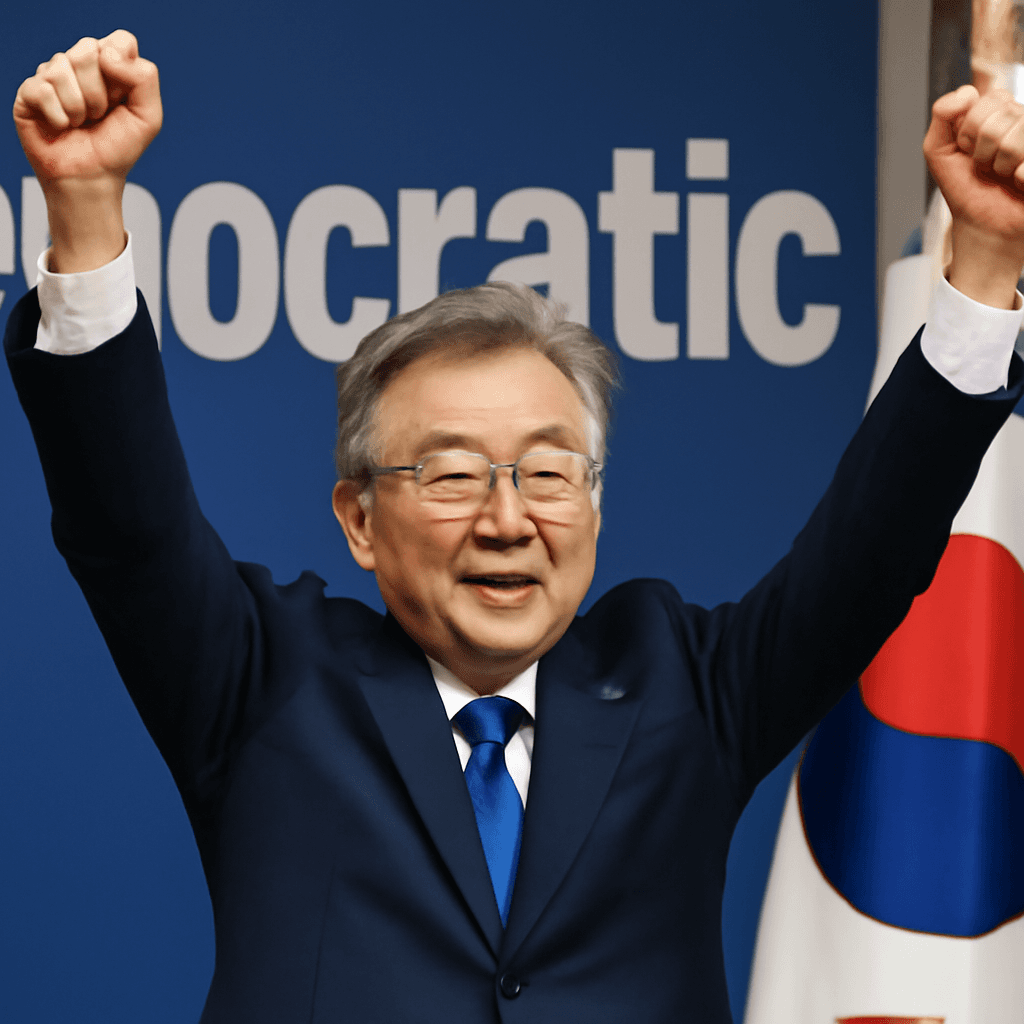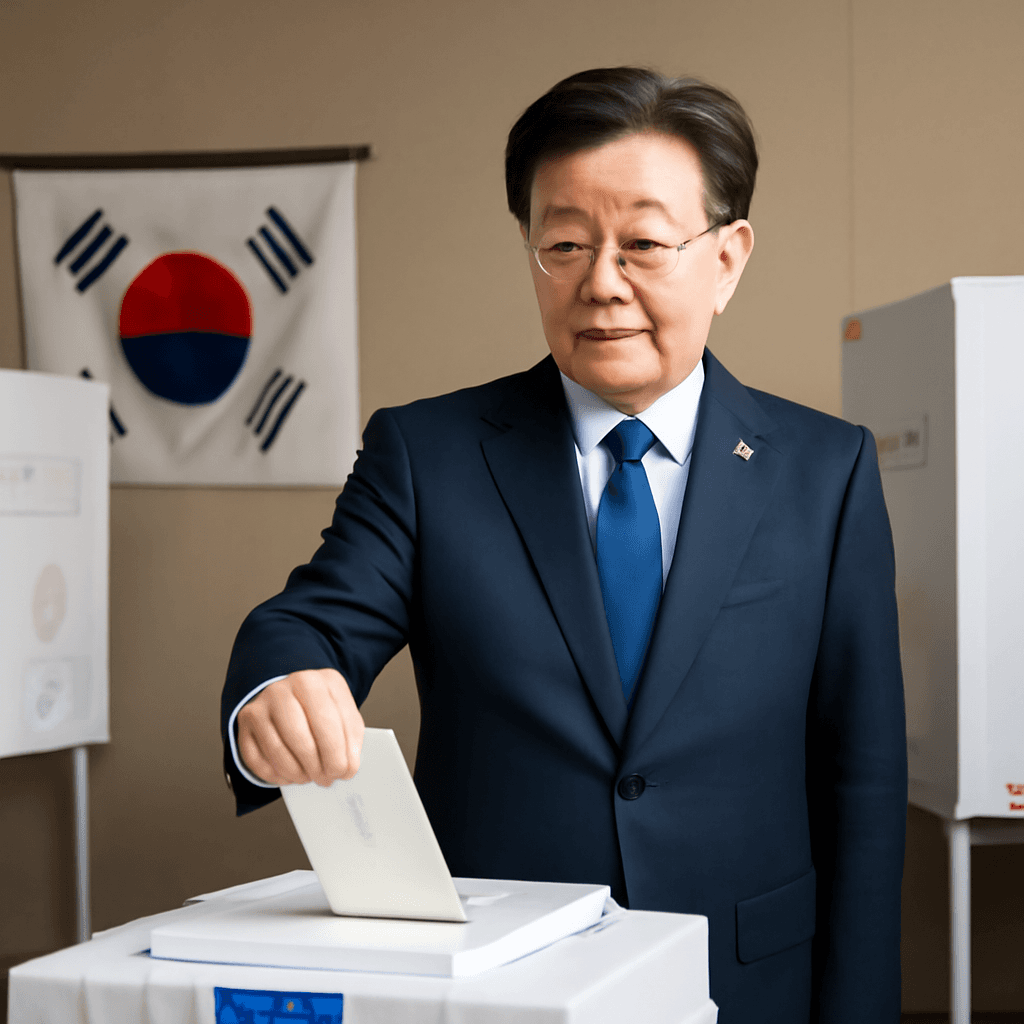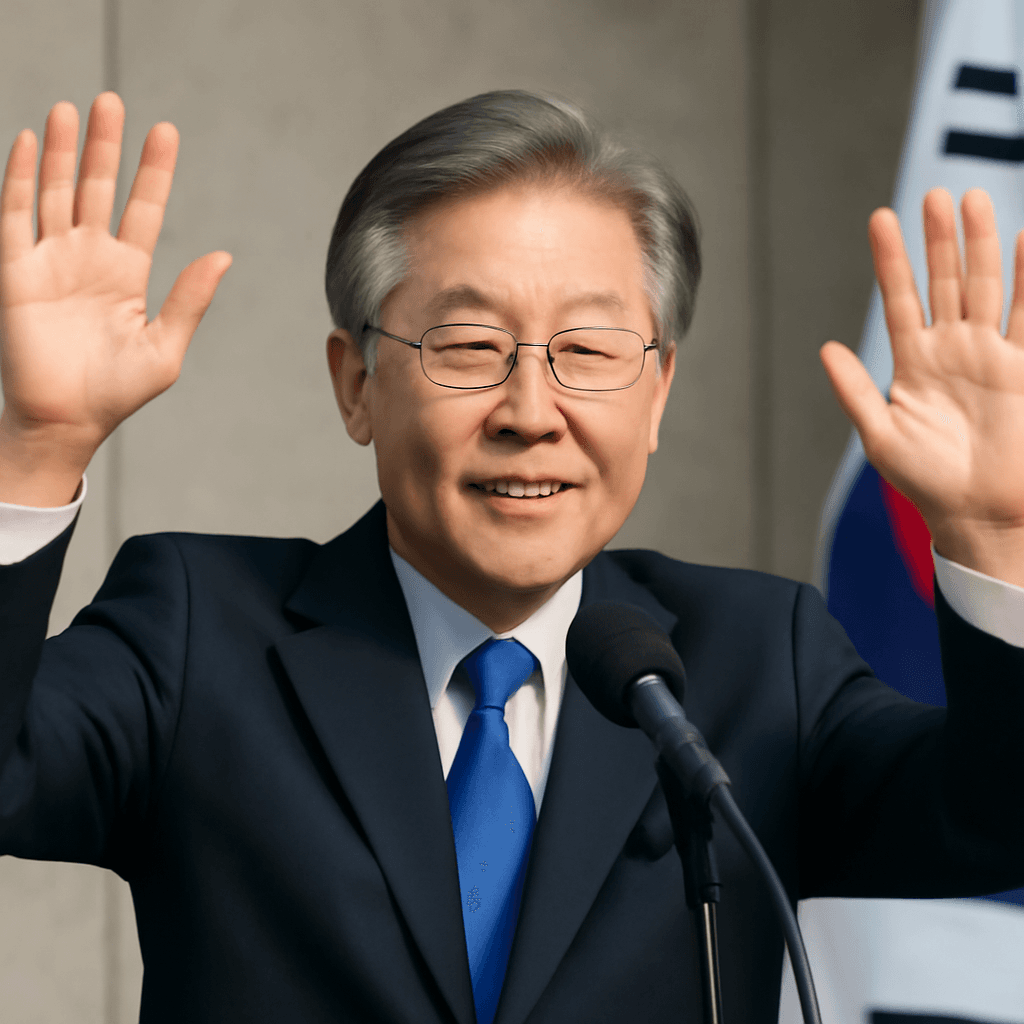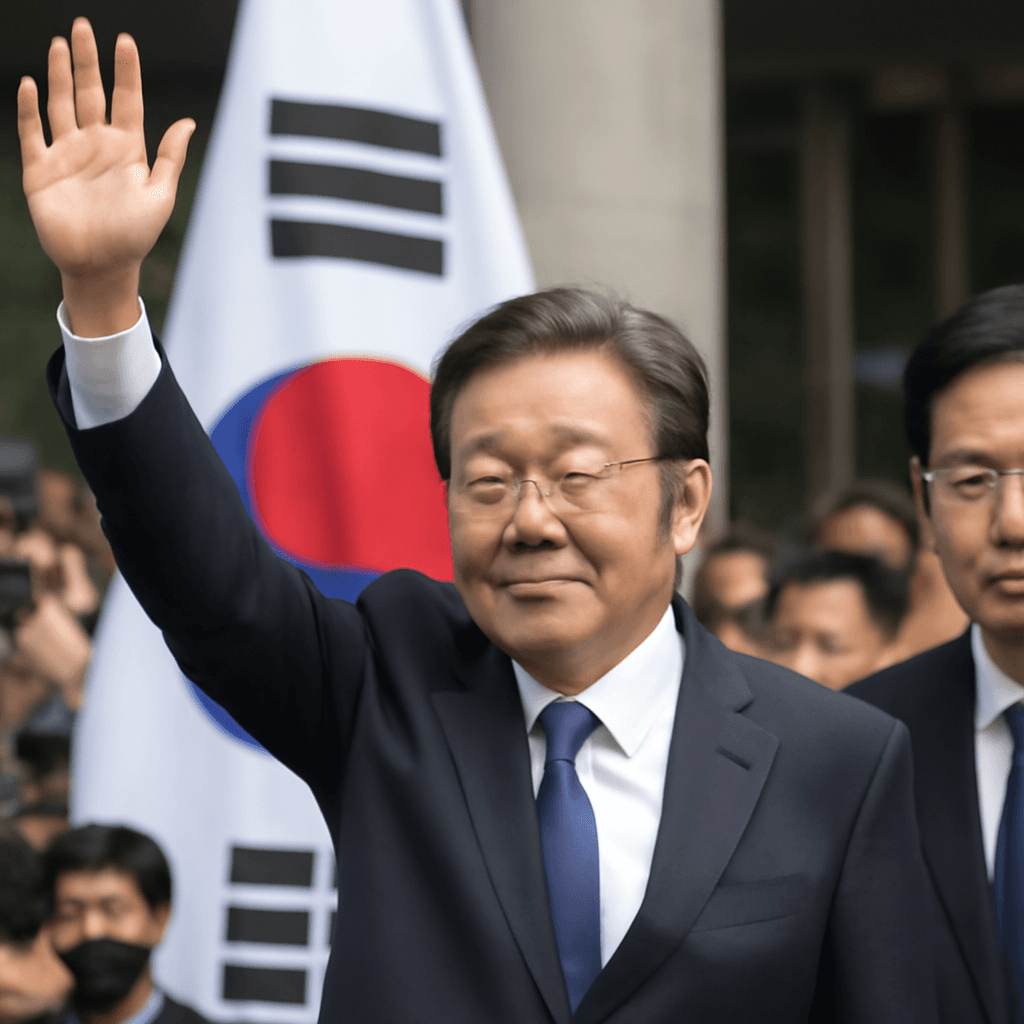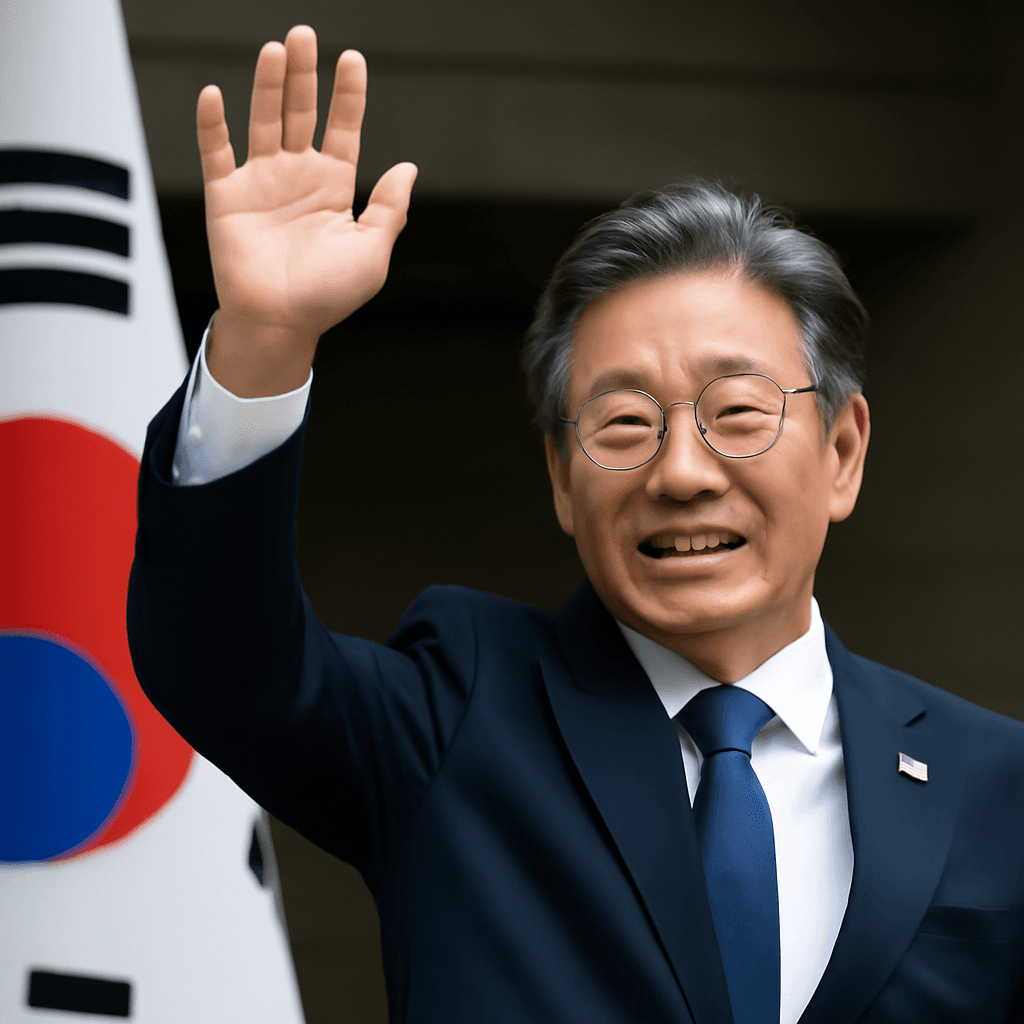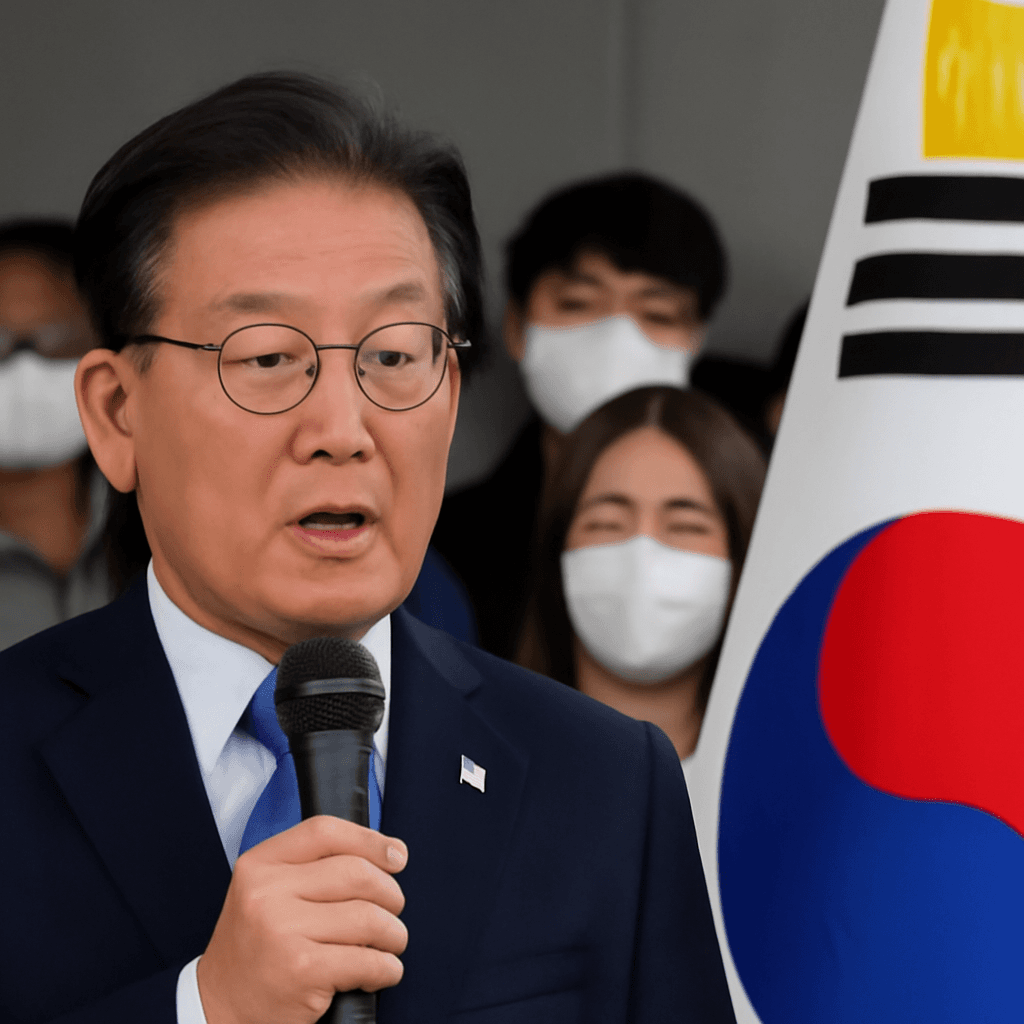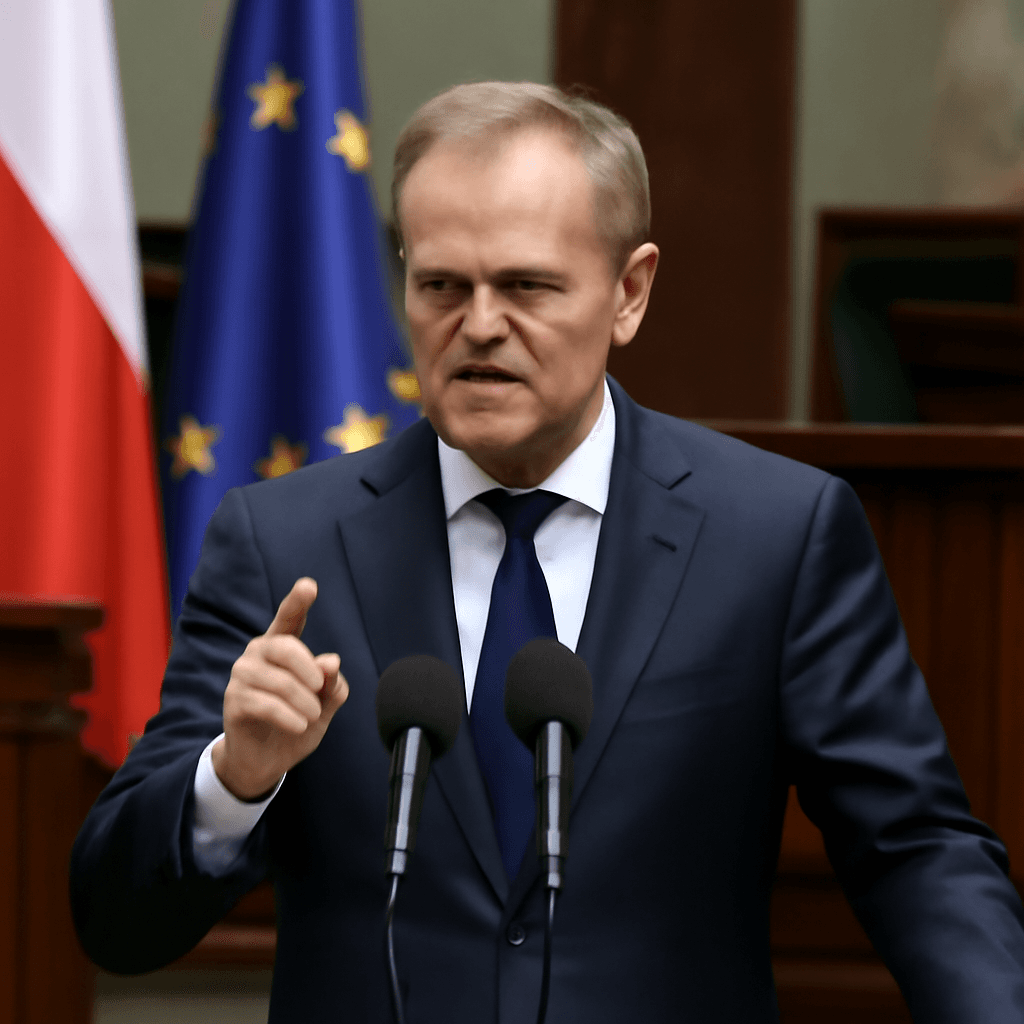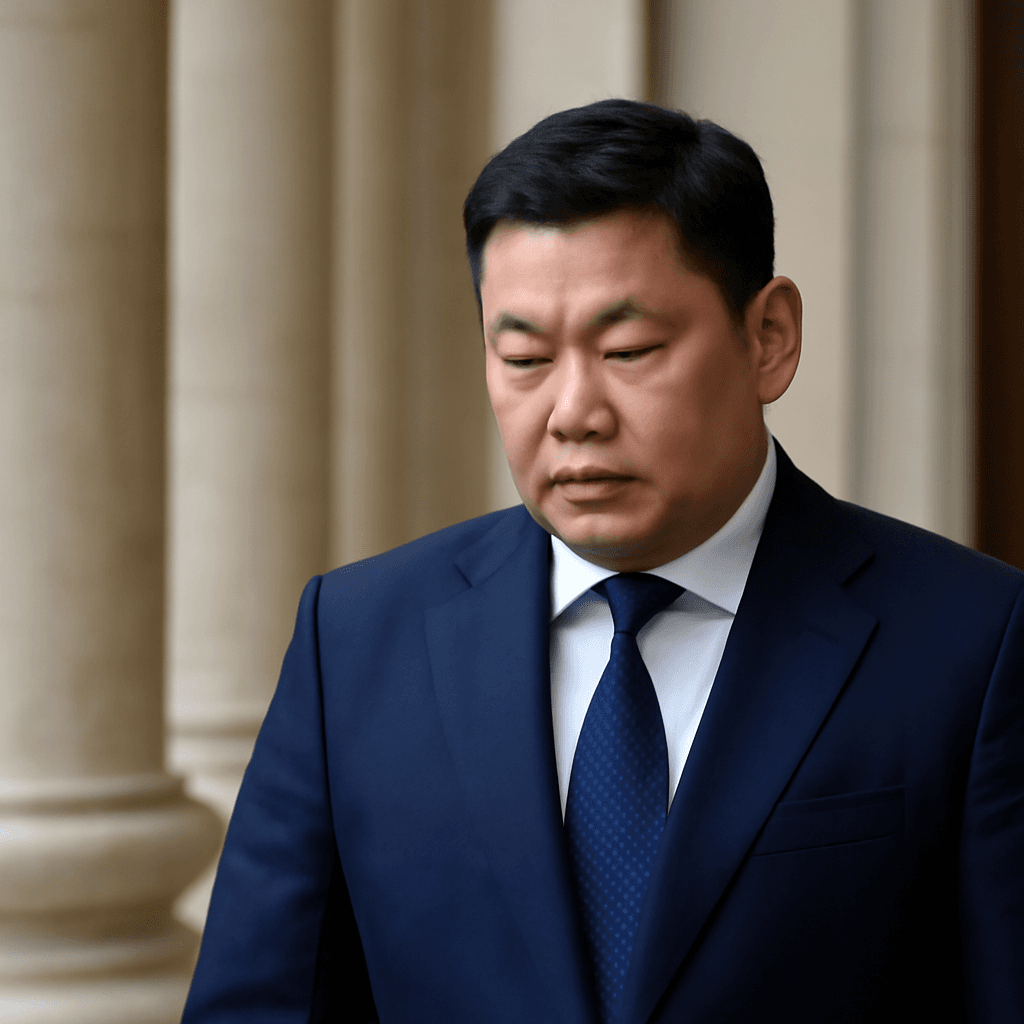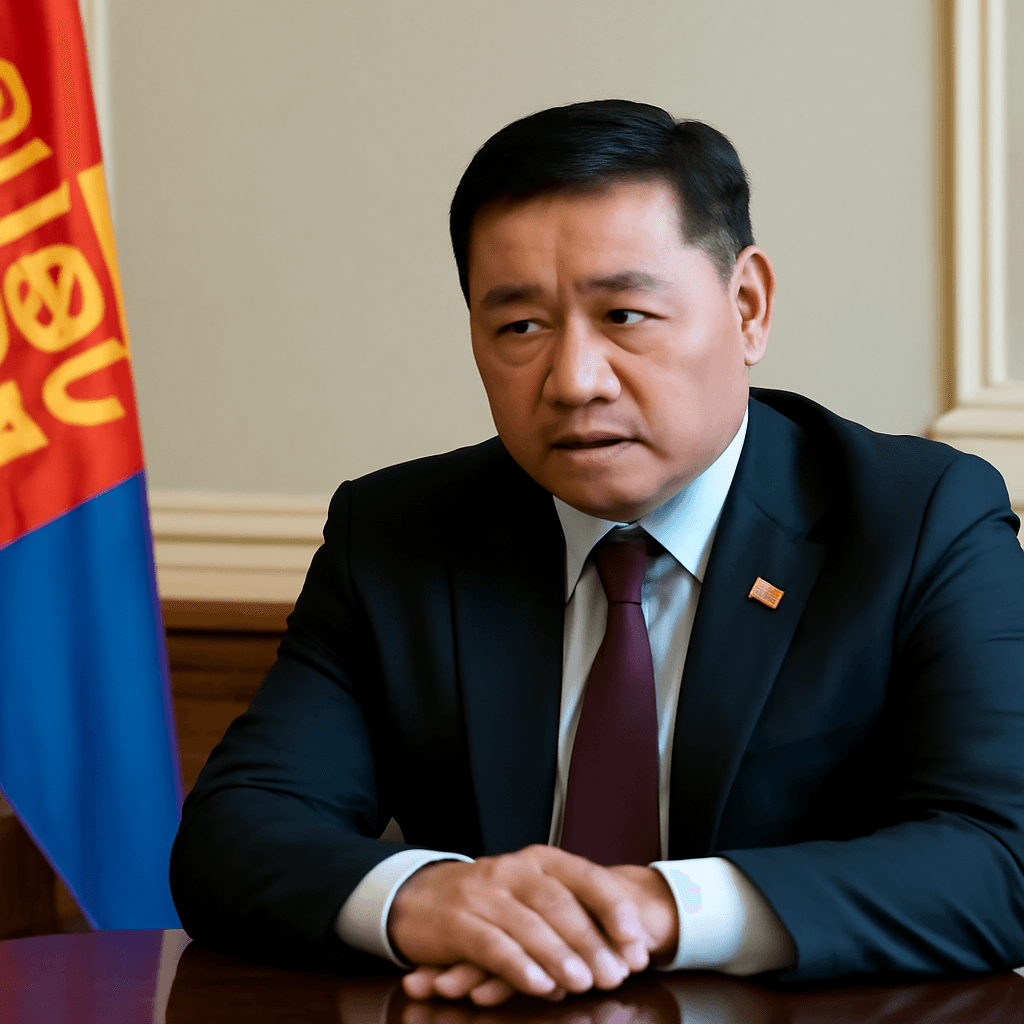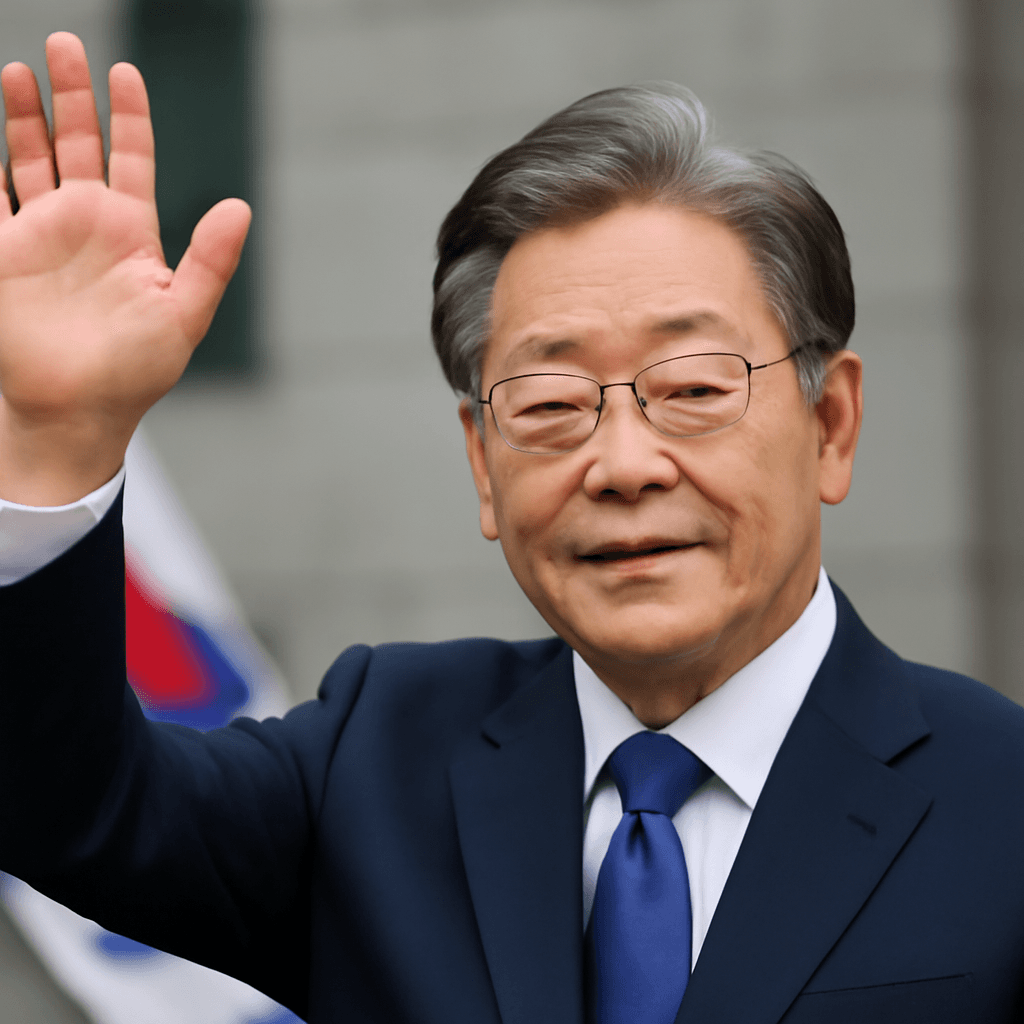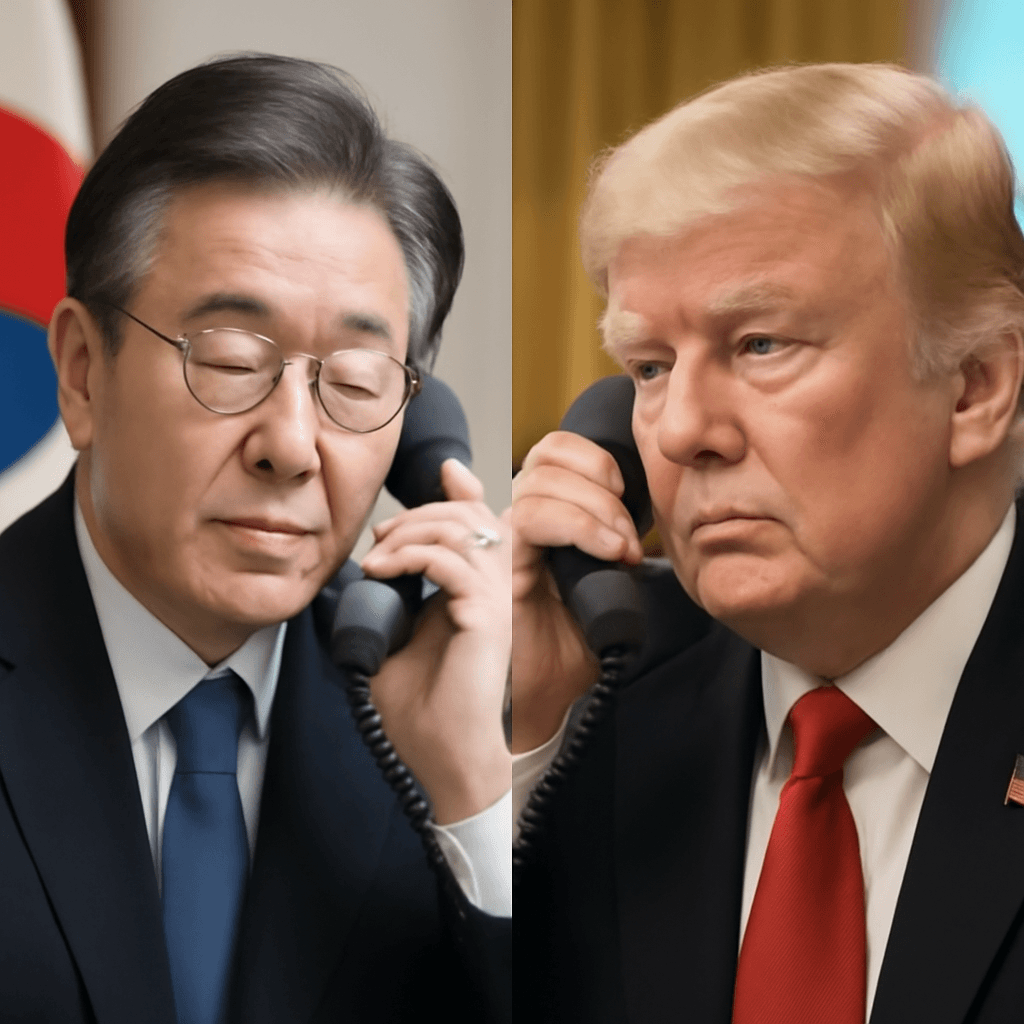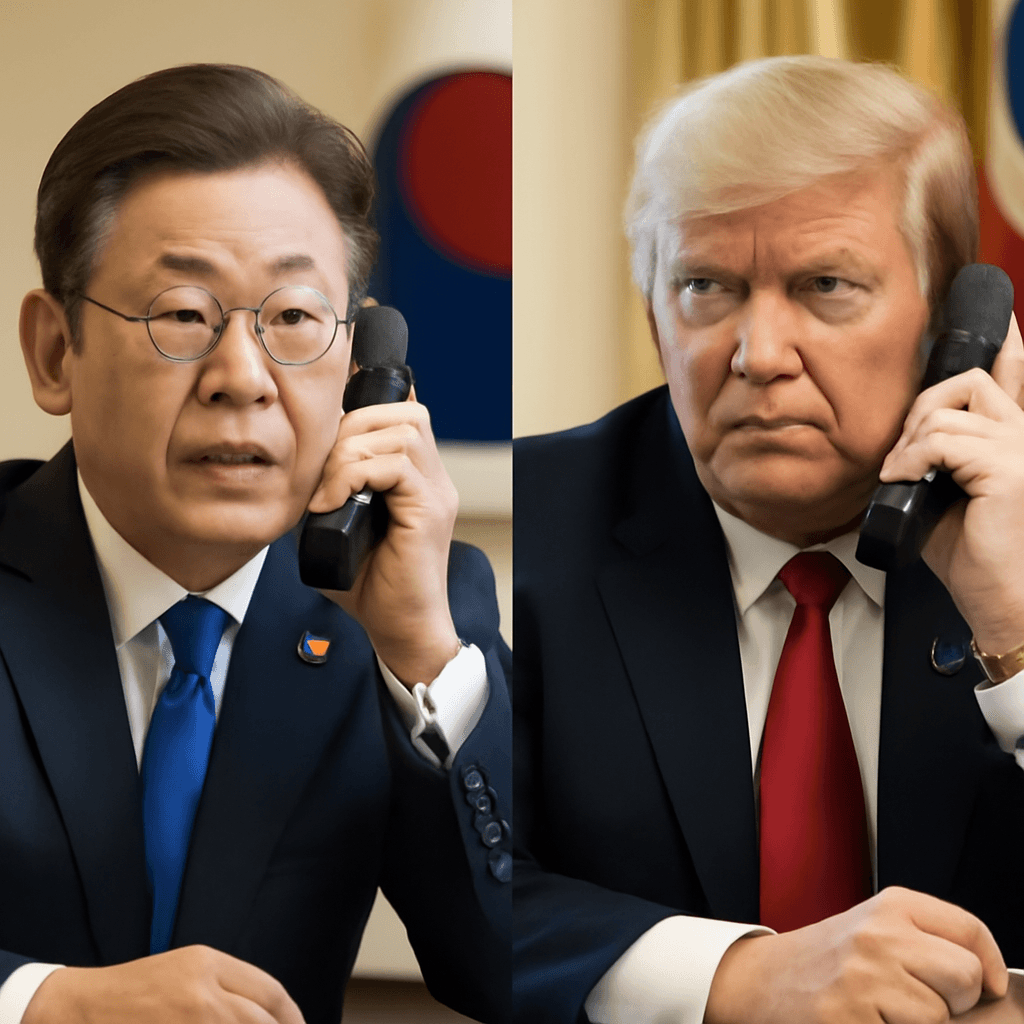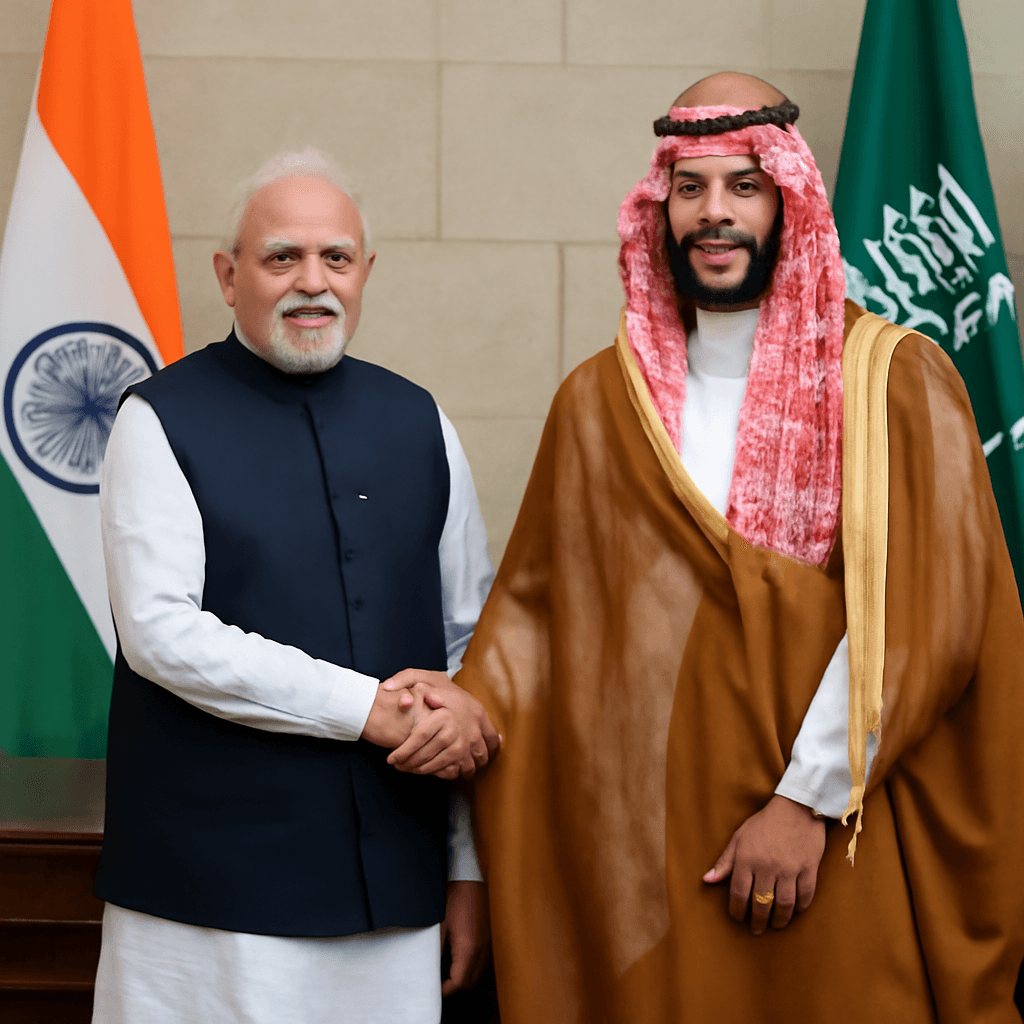Lee Jae-myung Elected South Korea's 14th President
In a decisive outcome, Lee Jae-myung of the Democratic Party has been elected as South Korea’s 14th president following Tuesday’s snap presidential election. With over 85% of ballots counted, Lee secured approximately 48% of the vote, surpassing his main conservative rival, Kim Moon-soo of the People Power Party, who garnered around 42.9%.
Context of the Election
The election was called amidst political turbulence after the impeachment of former President Yoon Suk-yeol in April. Yoon’s abrupt declaration of martial law in December had sparked widespread protests and investigations, culminating in his removal and the subsequent early presidential vote.
Election Day and Voter Turnout
The voter turnout was nearly 80%, marking the highest participation in almost three decades. This robust turnout reflects the public’s heightened engagement in South Korea’s democratic process amid ongoing political shifts.
Reaction and Concession
Following initial projections by key broadcasters, Lee expressed confidence in his victory while addressing supporters outside his Seoul residence. His main competitor, Kim Moon-soo, conceded the race amicably and congratulated Lee on his win. Additionally, Lee Jun-seok of the New Reform Party also acknowledged defeat.
Significance of the Victory
Lee, at 61 years old, is set to be inaugurated on Wednesday and will serve a single five-year term as stipulated by South Korea’s constitution. His election signals a notable shift in the nation’s political landscape, providing renewed momentum for the Democratic Party and highlighting a public desire for stability and reform following recent unrest.
Key Takeaways
- Lee Jae-myung secured approximately 48% of votes with over 85% counted.
- Kim Moon-soo received around 42.9% of the vote.
- Voter turnout approached 80%, the highest in nearly 30 years.
- The election followed the impeachment of former president Yoon Suk-yeol.
- Lee is expected to be sworn in as South Korea’s 14th president, serving a five-year term.

